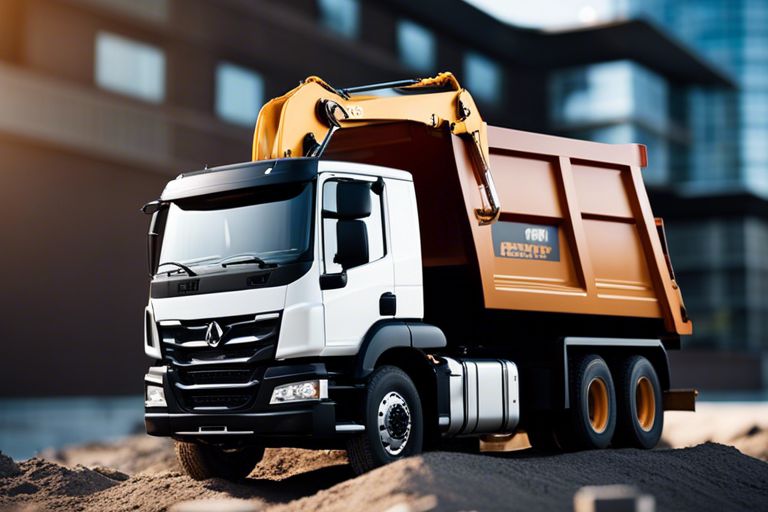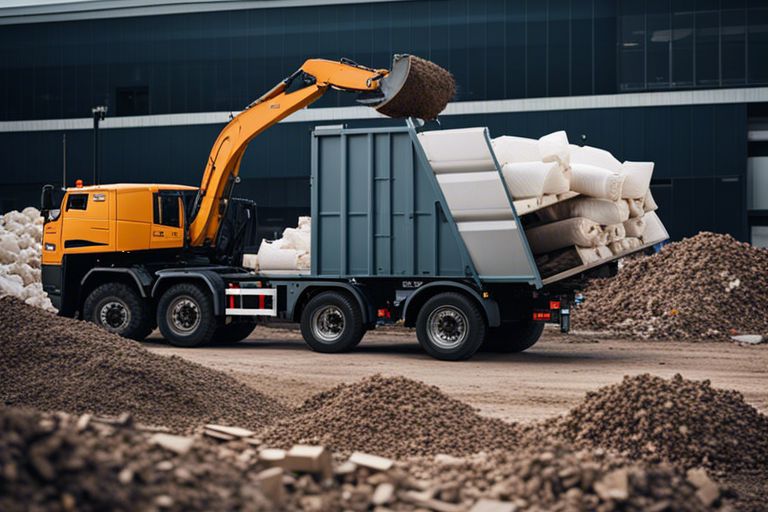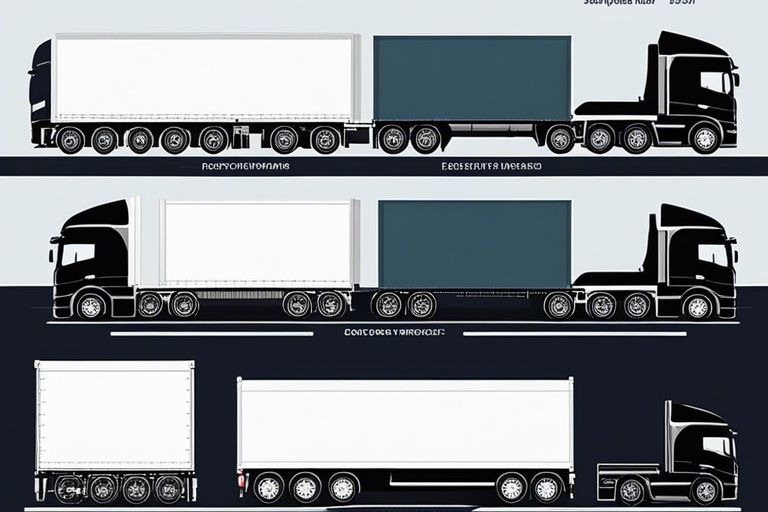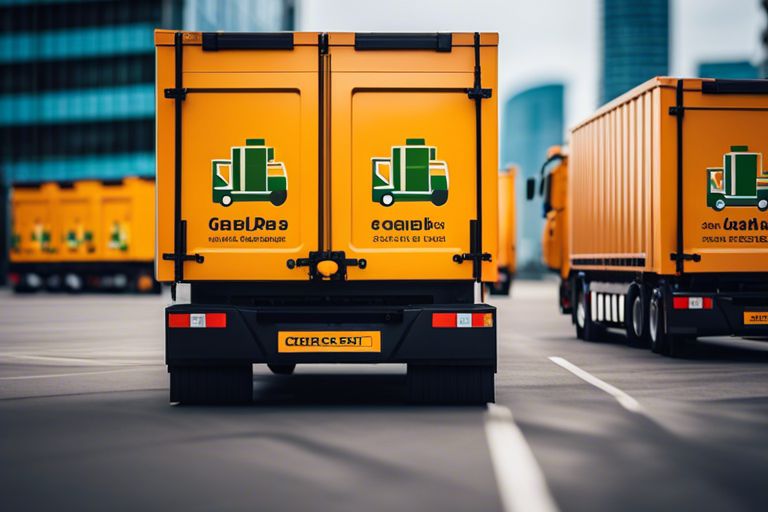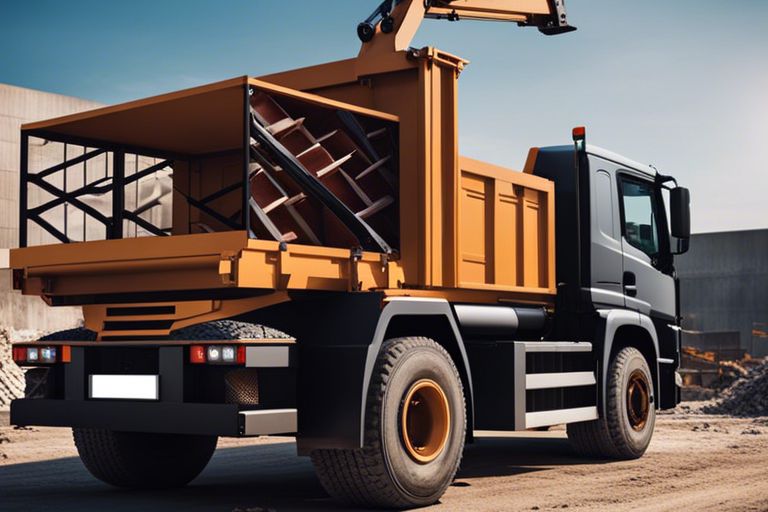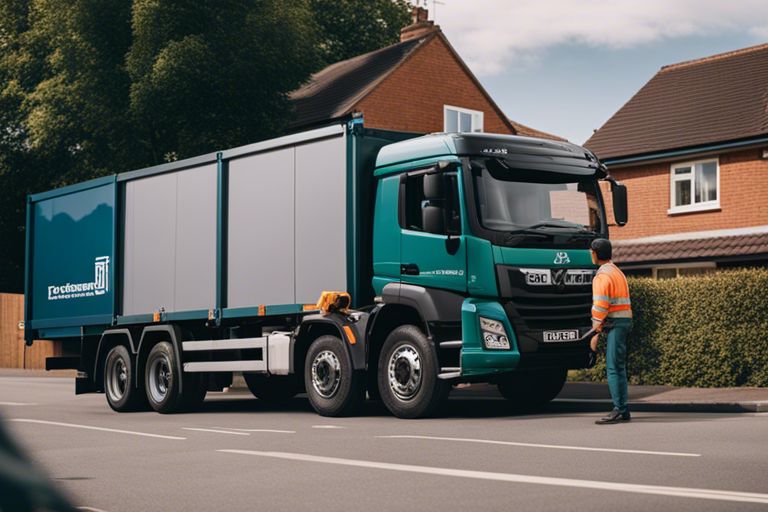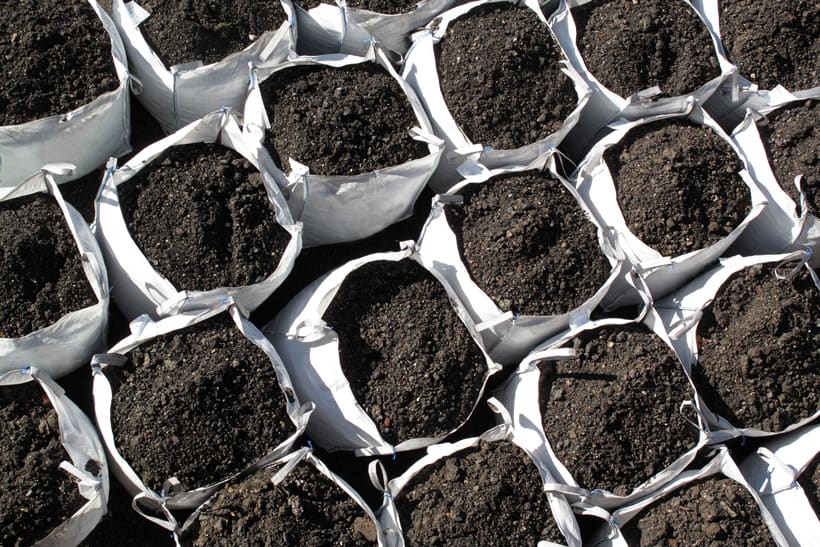Excreting your household waste in a responsible manner is crucial for both the environment and public health. The improper handling and disposal of household waste can lead to environmental pollution and health risks. As a responsible homeowner, it is important to follow a checklist for waste disposal to ensure that you are not contributing to the problem. This blog post will provide you with essential guidelines and tips to help you manage your household waste responsibly. From hazardous materials to recyclable items, we will discuss the proper disposal methods and provide you with the knowledge you need to make a positive impact on the environment.
Key Takeaways:
- Proper waste disposal is crucial for maintaining a safe and healthy living environment.
- It is the homeowner’s responsibility to ensure that waste is disposed of in a responsible manner.
- Regular monitoring and maintenance of waste disposal practices are necessary to prevent environmental damage and health hazards.
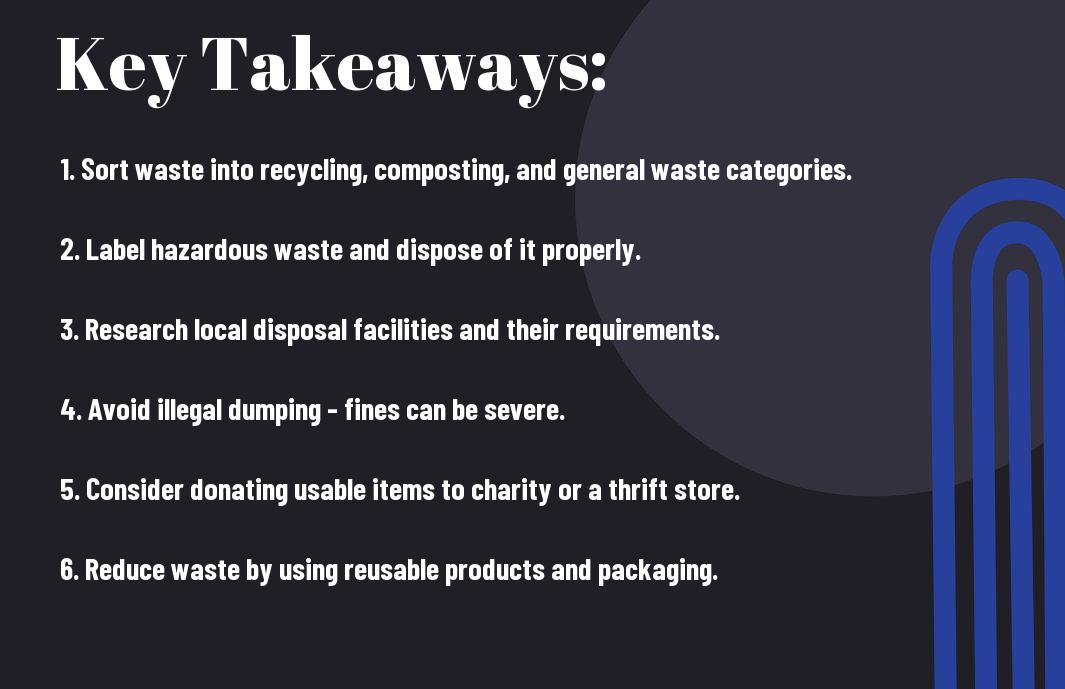
Segregation at Source
Segregation at source is the first and most crucial step in responsible waste disposal. It involves separating different types of waste at the point of generation, making it easier to recycle, compost, or dispose of them properly. By segregating waste at home, you can minimise the amount that ends up in landfills and reduce environmental pollution.
Identifying Recyclable Materials
When segregating waste, it’s important to identify which materials are recyclable. Common recyclables include paper, glass, plastics, and metals. Look for recycling symbols on the packaging or check with your local waste management authorities for a list of recyclable materials in your area. Once you know which items can be recycled, designate separate bins or containers for each material to make the process more efficient.
Dealing with Compostable Waste
Composting is an effective way to manage organic waste such as food scraps, yard trimmings, and other biodegradable materials. Instead of sending this waste to landfills where it produces harmful greenhouse gases, consider setting up a compost bin in your garden. This not only reduces the amount of waste sent to landfills but also creates nutrient-rich compost that can be used to improve soil quality.
Composting at home is a sustainable practice that helps reduce the environmental impact of organic waste.
Proper Disposal of Hazardous Waste
Hazardous waste, including items such as batteries, electronic devices, and certain household chemicals, cannot be disposed of in the regular waste stream. Improper handling of hazardous waste can pose serious health and environmental risks. It’s important to check with your local waste management facility for guidelines on how to safely dispose of these materials. Many communities offer special collection programmes or drop-off locations for hazardous waste.
Proper disposal of hazardous waste is crucial to protect human health and the environment from potential harm.
Reduction and Reuse Strategies
Implementing reduction and reuse strategies is crucial in minimising the amount of waste generated by households. By incorporating these strategies into your daily routine, you can significantly reduce your environmental impact and contribute to a more sustainable future.
Minimizing Waste Generation
To minimise waste generation, it is important to first identify the sources of waste in your home. This may include conducting a waste audit to understand which items are being discarded most frequently. Once you have identified the key areas of waste generation, you can then focus on implementing strategies to reduce the amount of waste produced, such as purchasing products with minimal packaging, buying in bulk to reduce packaging waste, and opting for reusable items over single-use alternatives.
Creative Reuse and Repurposing of Items
Another effective strategy for responsible waste disposal is to engage in creative reuse and repurposing of items. By finding innovative ways to reuse or repurpose items that would otherwise be discarded, you can extend the lifespan of these products and prevent them from ending up in the landfill. This can include upcycling old furniture, clothing, or household items, as well as finding new uses for items that may have lost their original purpose.
Furthermore, by engaging in creative reuse and repurposing, you can reduce the need for new production, which in turn conserves resources and reduces the environmental impact of manufacturing processes. This approach also encourages a more mindful and sustainable consumption pattern, contributing to a positive shift towards a circular economy.
Recycling and Composting
Responsible waste disposal includes recycling and composting. These practices help reduce the amount of waste sent to landfills and have a positive impact on the environment. To properly dispose of household hazardous wastes, you can find more information here.
Setting up a Home Recycling System
Setting up a home recycling system is an essential step in responsible waste disposal. Begin by designating separate bins for different types of recyclables such as glass, paper, plastic, and metal. Educate your household members about what can and cannot be recycled to ensure that the system is used correctly. Consider contacting your local council to inquire about recycling collection services or nearby recycling facilities.
Composting Basics and Benefits
Composting is a natural process that turns organic waste into a valuable soil conditioner. Start by setting up a compost bin in your garden or a designated area in your home. Add food scraps, yard waste, and other organic materials to the bin and incorporate them into the compost regularly. Composting not only reduces the amount of waste sent to landfills but also enriches the soil and reduces the need for chemical fertilisers, making it a sustainable and environmentally friendly practice.
Composting has many benefits, including reducing greenhouse gas emissions and improving soil health. It also promotes biodiversity by providing a habitat for beneficial organisms like earthworms and microbes. By diverting organic waste from landfills, composting helps to mitigate the production of methane, a potent greenhouse gas that contributes to climate change.
Hazardous Waste Management
Proper management of hazardous waste is crucial for the health and safety of both the environment and the community. Hazardous household products pose serious risks if not disposed of responsibly. It is important for homeowners to be aware of these risks and take appropriate measures to ensure the safe disposal of hazardous waste.
Identifying Hazardous Household Products
Household products such as cleaning agents, pesticides, paint, batteries, and electronic devices contain hazardous materials. It is essential for homeowners to be able to identify these products and handle them with care. Products labelled with warnings such as “flammable,” “toxic,” “corrosive,” or “harmful to the environment” should be considered hazardous waste and require special disposal methods. Failure to properly manage these products can result in serious environmental pollution and health hazards.
Safe Disposal of Electronic Waste and Batteries
Electronic waste and batteries contain toxic substances such as lead, mercury, and cadmium, which can contaminate soil and water if not disposed of properly. Homeowners should take these items to designated collection points or recycling centres to ensure they are disposed of in an environmentally friendly manner. Improper disposal of electronic waste and batteries can lead to the release of harmful chemicals into the environment, posing serious risks to both human health and ecosystems.
When disposing of electronic waste and batteries, it is important to seek out authorised collection and recycling facilities. By taking these simple steps, homeowners can contribute to the reduction of hazardous waste pollution and protect the environment for future generations.
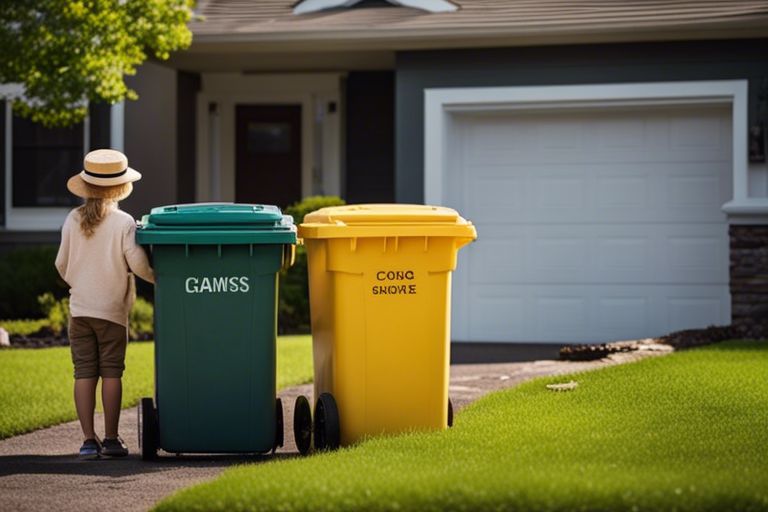
Engaging with Waste Disposal Services
When it comes to responsible waste disposal, engaging with professional waste disposal services is essential. These services are equipped to handle various types of waste, including hazardous materials, and ensure that these materials are disposed of in a safe and environmentally friendly manner. To ensure that the waste disposal service you choose meets the necessary standards, it is important to conduct a thorough inspection using tools such as the Inspection Checklist Tool for Facilities Generating and Managing Hazardous Waste.
Understanding Local Waste Disposal Policies
Before engaging with a waste disposal service, it is crucial to understand the local waste disposal policies in your area. These policies dictate how different types of waste should be handled and disposed of, and failing to adhere to them can result in serious consequences. By familiarising yourself with these policies, you can ensure that the waste disposal service you choose complies with all necessary regulations.
Choosing a Responsible Waste Disposal Service
When selecting a waste disposal service, it is important to choose one that is reputable and reliable. Look for a service that has the necessary licenses and certifications, as well as a track record of responsible waste management. Additionally, consider whether the service offers comprehensive waste disposal solutions, including recycling and hazardous waste management, to minimise the environmental impact of waste disposal.
It is also essential to consider the methods used by the waste disposal service to handle and dispose of waste. Opt for a service that utilises safe and environmentally friendly practices, such as waste-to-energy conversion and landfill diversion, to mitigate the negative impact of waste disposal on the environment.
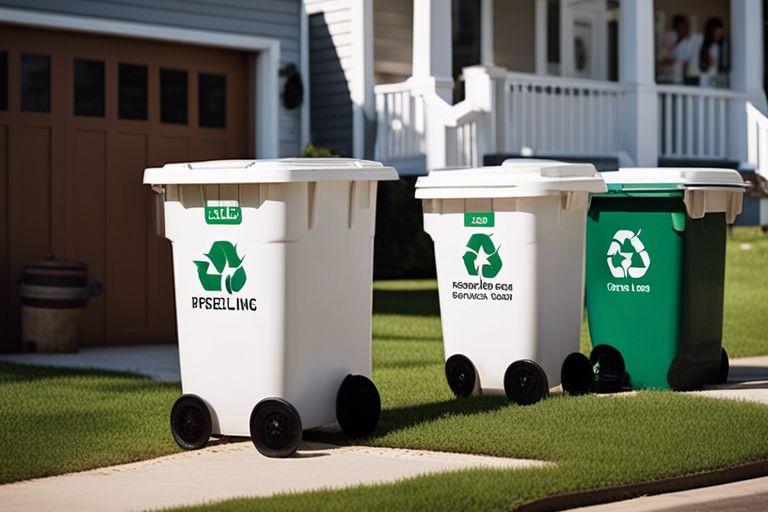
A Homeowner’s Checklist for Responsible Waste Disposal
In conclusion, it is crucial for homeowners to take responsibility for the proper disposal of waste to protect the environment and public health. By following this checklist, individuals can ensure that they are disposing of their waste in a safe and sustainable manner. From managing household hazardous waste to recycling and composting, each step plays a vital role in reducing the impact of waste on our planet. It is imperative for homeowners to stay informed about local waste management regulations and seek out proper disposal methods for different types of waste. By implementing these responsible waste disposal practices, homeowners can contribute to a cleaner and healthier environment for future generations.
FAQ
Q: What is a Homeowner’s Checklist for Responsible Waste Disposal?
A: A Homeowner’s Checklist for Responsible Waste Disposal is a comprehensive guide to help homeowners properly and responsibly dispose of waste generated in their homes.
Q: Why is responsible waste disposal important for homeowners?
A: Responsible waste disposal is important for homeowners to protect the environment, prevent pollution, and ensure the health and safety of their communities.
Q: What are the key components of a Homeowner’s Checklist for Responsible Waste Disposal?
A: The key components of a Homeowner’s Checklist for Responsible Waste Disposal include proper segregation of waste, recycling, hazardous waste disposal, and compliance with local regulations.
Q: How can homeowners ensure responsible waste disposal at home?
A: Homeowners can ensure responsible waste disposal at home by educating themselves about different waste categories, using appropriate waste containers, and participating in local waste management programmes.
Q: What are the consequences of improper waste disposal for homeowners?
A: Improper waste disposal can lead to environmental degradation, health hazards, legal consequences, and increased costs for homeowners. It is essential to follow a Homeowner’s Checklist for Responsible Waste Disposal to avoid these negative consequences.

